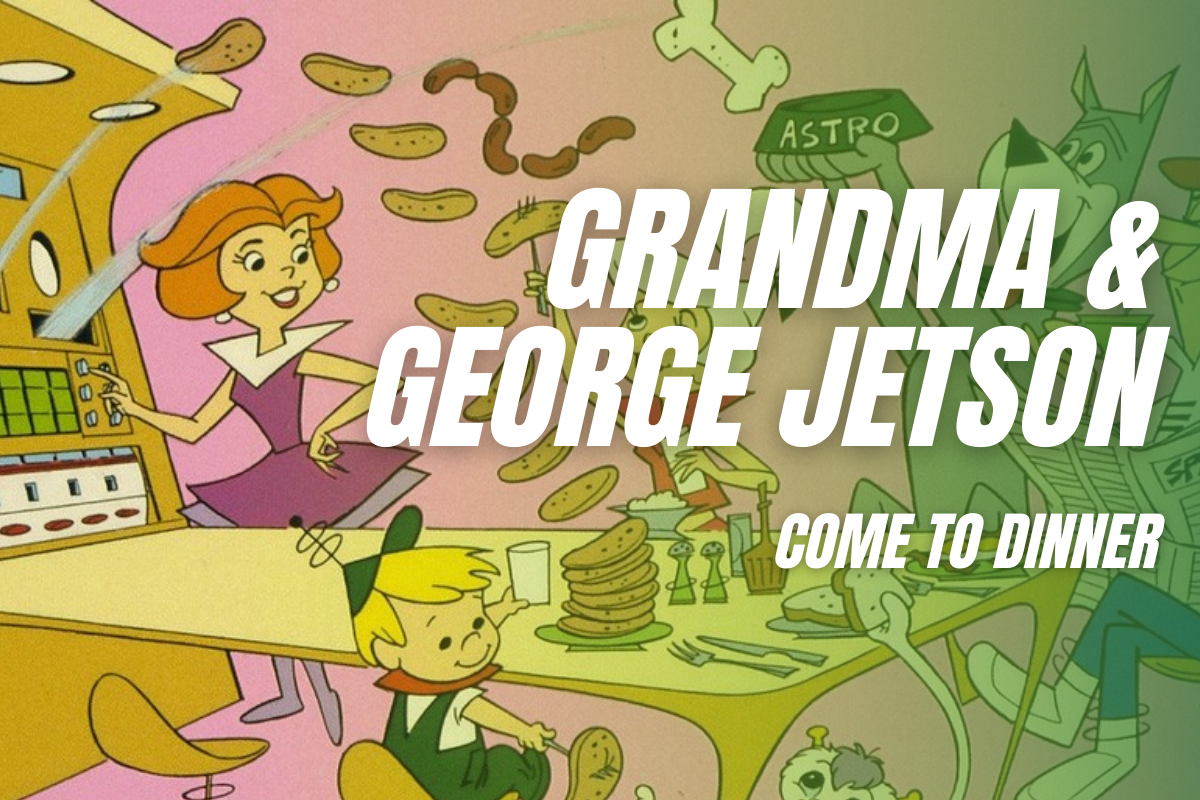
 This year, we can expect to see the comeback of quite a few “old-age” themes with food and the actual dining experience. There has already been an increase of zero waste bulk-buy stores as people are becoming more aware of the amount of waste they produce, and that trend does not seem to be slowing down anytime soon. These stores also tend to sell organic and sustainable foods and honestly make the grocery shopping fun! Another comeback we can expect to see is the experience of dining as a social event, not just sitting and eating food like it’s a chore. Some restaurants have already started introducing ‘communal dining’, where people can sit down with friends, family or complete strangers which can enhance your dining experience…well, depending on who is sitting at the table with you.
This year, we can expect to see the comeback of quite a few “old-age” themes with food and the actual dining experience. There has already been an increase of zero waste bulk-buy stores as people are becoming more aware of the amount of waste they produce, and that trend does not seem to be slowing down anytime soon. These stores also tend to sell organic and sustainable foods and honestly make the grocery shopping fun! Another comeback we can expect to see is the experience of dining as a social event, not just sitting and eating food like it’s a chore. Some restaurants have already started introducing ‘communal dining’, where people can sit down with friends, family or complete strangers which can enhance your dining experience…well, depending on who is sitting at the table with you.
However, sustainability is an issue that food manufacturers, scientists and food engineers need to overcome due to the growing population and the depleted resources that we will face in the not-so-distant future. Finding sustainable methods of food production is going to be the main goal over the next few years, kicking off in 2018. Waste production is going to be a major focus this year, as breakthroughs in nano-packaging and 3D printing will change the way foods are not only packaged, but also cooked and stored. Nano-packaging has already shown to give foods a much longer shelf life, without the use of preservatives. As people become more conscious of what food they are consuming, information platforms will become readily available to help educate people on waste production all the way to the chemical compositions of foods.
Overall, the entire world of food and hospitality is going to change in 2018. From the change in diets, what foods are available and how we consume them to how foods are grown, produced and packaged. It’s going to be a long year ahead, but remember:
One cannot think well, love well, sleep well, if one has not dined well.– Virginia Woolf
